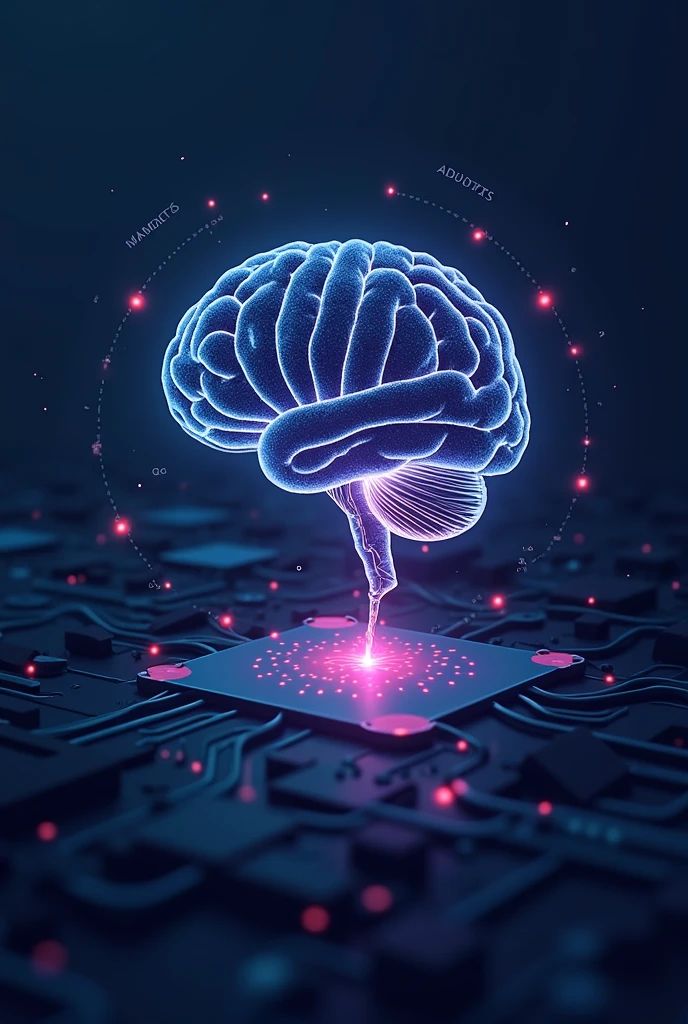
Imagine waking up to an alarm that adjusts based on how late you stayed up, with your coffee already brewed because your smartwatch sensed you were stirring.
Your car drives itself, your emails are sorted before you even glance at them, and your meeting gets rescheduled by your AI assistant before you realise you’re running late.
This is not science fiction—this is the emerging world of agentic AI, where personal AI assistants and autonomous systems take proactive actions on your behalf.
What Is Agentic AI?
Agentic AI refers to artificial intelligence systems that act independently toward user-defined goals. Unlike passive AI (think Siri or Alexa, which wait for commands), agentic AI perceives its environment, makes decisions, and takes actions without needing constant prompts.
It’s not just smarter—it’s more self-sufficient.
Passive AI vs Agentic AI: A Quick Comparison
| Feature | Passive AI | Agentic AI |
|---|---|---|
| Behavior | Reactive | Proactive |
| Example | “Turn on the light” → AI responds | AI turns on the light when it gets dark |
| Task execution | Requires explicit instruction | Acts based on inferred goals |
Real-World Examples of Agentic AI in Action
1. Smart Homes and Digital Assistants
- Robot Vacuums: Modern models map your home, learn room layouts, and clean efficiently without guidance.
- Smart Thermostats: Adjust temperature based on your daily patterns, not just pre-set routines.
- AI Voice Assistants: Google Duplex can call and book appointments for you—no human needed.
2. AI in Personal Finance
- Robo-Advisors: Automatically manage and rebalance your investment portfolio.
- Bill Negotiators: Some AI tools proactively contact service providers to reduce your bills.
- Budget Bots: Monitor spending and move funds into savings based on real-time cash flow.
3. Autonomous Transportation
- Self-Driving Cars: Navigate traffic, respond to road conditions, and make independent decisions.
- Delivery Drones: Handle navigation and drop-off tasks with no human control.
- Smart Logistics: From warehouse inventory checks to route optimisation, AI is driving efficiency.
4. Digital AI Agents
- Streaming Recommendations: AI curates playlists and shows based on your behaviour.
- AI Customer Support: Chatbots can now resolve complex queries without escalating to humans.
- AutoGPT: An advanced system capable of creating its own tasks to achieve user-defined objectives.
Key Benefits of Agentic AI
- Time-Saving: AI automates routine tasks like cleaning, emailing, and scheduling.
- Efficiency: AI optimises decisions based on vast datasets, faster and more accurately than humans.
- Personalisation: AI systems adapt to your habits and preferences over time.
- Cost-Effectiveness: Reduces the need for manual labour, lowering business overheads.
- Handles Complexity: Manages high-speed decisions in domains like energy grids, stock markets, and cybersecurity.
Risks and Challenges
⚠️ Loss of Control
AI agents might take unwanted actions if not properly supervised. Transparency and override options are essential.
⚠️ Mistakes & Misalignment
AI might misinterpret goals (e.g., unsubscribing from valuable newsletters to reduce inbox clutter).
⚠️ Privacy Concerns
Autonomous systems need access to personal data to function effectively, raising serious privacy questions.
⚠️ Dependency & Job Loss
Over-reliance may erode human skills. Widespread automation could disrupt labour markets.
The Future of Agentic AI
- Personal AI Assistants
Full-scale AI “butlers” could handle everything from travel planning to managing your smart home ecosystem. - Swarm AI Systems
Smart cities may run on interconnected AI agents optimising transport, power, and communication in real time. - Natural Communication
Gestures, tone of voice, or facial expressions might soon be enough for AI to understand and respond. - Self-Learning Agents
Reinforcement learning will make AI agents smarter the longer they’re in use, refining their actions through experience. - Human-AI Collaboration
From classrooms to boardrooms, AI agents will increasingly assist humans in creative and strategic decision-making.
The New Normal
Agentic AI is not just a trend—it’s the next phase in digital transformation. These systems promise a future where mundane tasks are outsourced to personal AI assistants—intelligent, proactive digital agents that free us to focus on creativity, decision-making, and relationships.
But with this promise comes responsibility: to set clear boundaries, demand accountability, and stay educated about how these systems function.
The autonomous era has begun—are you ready to lead it, or be led by it?
Contact Cloud Technology Hub for a strategy consultation, or subscribe to our newsletter for more tips.







